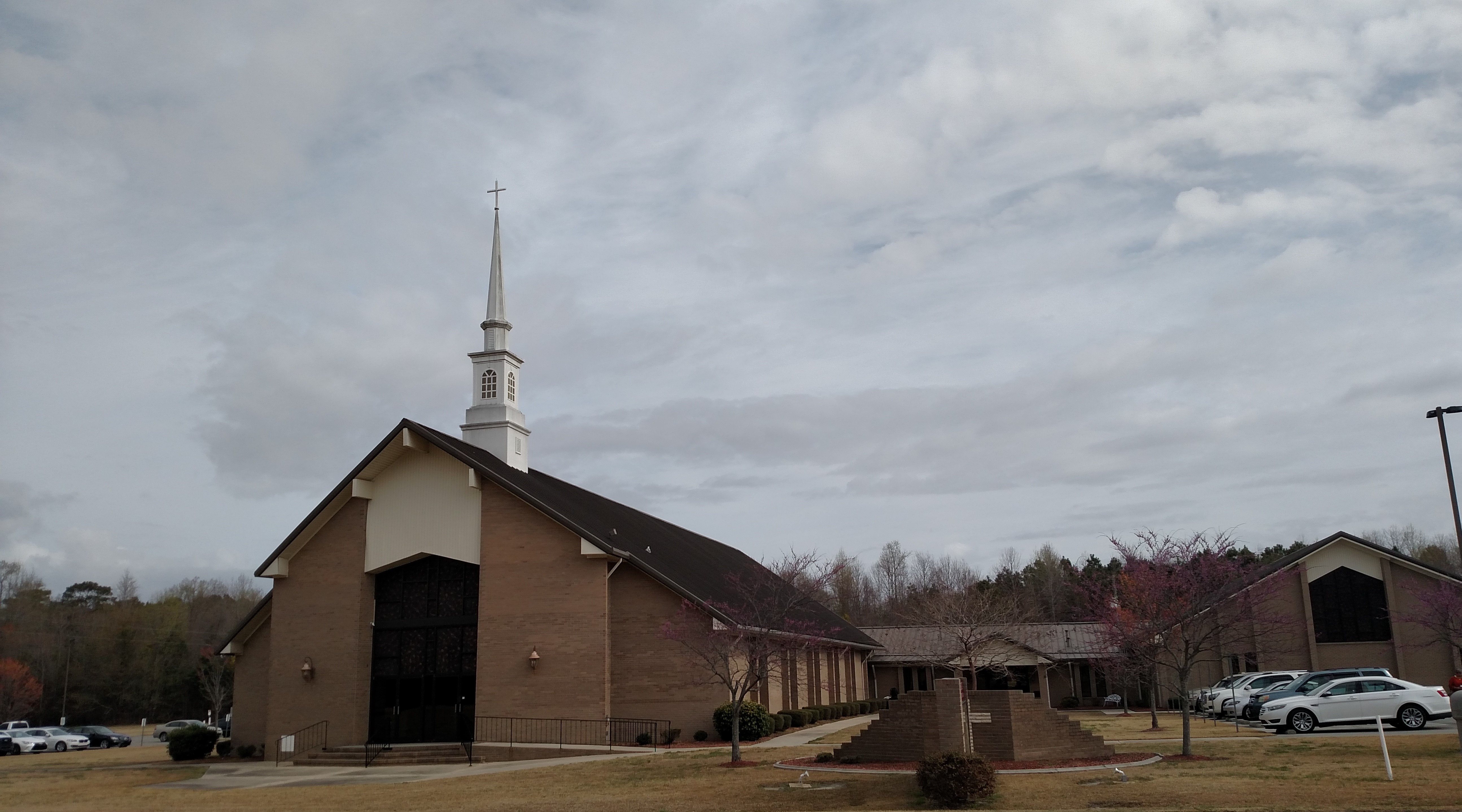The Divided Mind of the Black Church: Theology, Piety and Public Witness
By Raphael G. Warnock
Rev Warnock serves as senior pastor of the famed Ebenezer Baptist Church in Atlanta, Georgia, the church where Dr. Martin Luther King, Jr. once served. This first publication from Rev Warnock attempts a missiology of the Black Church by putting Black Theology, the Black Church, and Womanist theologians in conversation.
Rev Warnock lays the book out in five chapters following an introduction:
- The Gospel of Liberation: Black Christian Resistance Prior to Black Theology
- The Gospel’s Meaning and the Black Church’s Mission
- Black Theologians on the Mission of the Black Church
- Black Pastors on the Mission of the Black Church
- Womanist Theologians on the Mission of the Black Church
___________________________________________________________________________
The Radical King
Edited by Cornel West
“The radical King was a democratic socialist who sided with poor and working people in the class struggle taking place in capitalist societies. . . . The response of the radical King to our catastrophic moment can be put in one word: revolution—a revolution in our priorities, a reevaluation of our values, a reinvigoration of our public life, and a fundamental transformation of our way of thinking and living that promotes a transfer of power from oligarchs and plutocrats to everyday people and ordinary citizens. . . . Could it be that we know so little of the radical King because such courage defies our market-driven world?”
___________________________________________________________________________
The New Jim Crow - Mass Incarceration in an Age of Colorblindness
By Michelle Alexander and Cornel West
Once in a great while a book comes along that changes the way we see the world and helps to fuel a nationwide social movement. The New Jim Crow is such a book. Praised by Harvard Law professor Lani Guinier as “brave and bold,” this book directly challenges the notion that the presidency of Barack Obama signals a new era of colorblindness. With dazzling candor, legal scholar Michelle Alexander argues that “we have not ended racial caste in America; we have merely redesigned it.” By targeting black men through the War on Drugs and decimating communities of color, the U.S. criminal justice system functions as a contemporary system of racial control—relegating millions to a permanent second-class status—even as it formally adheres to the principle of colorblindness. In the words of Benjamin Todd Jealous, president and CEO of the NAACP, this book is a “call to action.”
The New Jim Crow - Mass Incarceration in an Age of Colorblindness (Excerpt)
___________________________________________________________________________
From Slavery to Freedom
By John Hope Franklin
From Slavery to Freedom remains the most revered, respected, and honored text on the market. The preeminent history of African Americans, this best-selling text charts the journey of African Americans from their origins in Africa, through slavery in the Western Hemisphere, struggles for freedom in the West Indies, Latin America, and the United States, various migrations, and the continuing quest for racial equality. Building on John Hope Franklin's classic work, the ninth edition has been thoroughly rewritten by the award-winning scholar Evelyn Brooks Higginbotham. It includes new chapters and updated information based on the most current scholarship. With a new narrative that brings intellectual depth and fresh insight to a rich array of topics, the text features greater coverage of ancestral Africa, African American women, differing expressions of protest, local community activism, black internationalism, civil rights and black power, as well as the election of our first African American president in 2008.
___________________________________________________________________________
Stride Toward Freedom
By Martin Luther King, Jr.
In Stride Toward Freedom, King delineates racial conditions in Montgomery before, during, and after the bus boycott. He discusses the origin and significance of the boycott, the roles that residents, civic leaders, and community organizations played in organizing and sustaining the movement, and the reactions of white Montgomery officials and residents. According to King, before the boycott African Americans in Montgomery were victims of segregation and poverty, but after the boycott, when bus desegregation was achieved, they evidenced a new level of self-respect (King, 28; 187). King points out that most African Americans in Montgomery accepted a nonviolent approach because they trusted their leaders when they told them that nonviolence was the essence of active Christianity.
Stride Toward Freedom - Martin Luther King Jr.pdf
___________________________________________________________________________
Why We Can't Wait
By Martin Luther King, Jr.
Why We Can't Wait is a book by Martin Luther King, Jr. about the nonviolent movement against racial segregation in the United States, and specifically the 1963 Birmingham campaign. The book describes 1963 as a landmark year in the Civil Rights Movement, and as the beginning of America's "Negro Revolution".
Several chapters detailed the costs and gains of the ‘‘nonviolent crusade of 1963’’ (King, 30). In a chapter titled ‘‘The Sword That Heals,’’ King wrote that nonviolent direct action was behind the victory in Birmingham. Later in the book, King reflected on the sight of hundreds of thousands participating in the March on Washington for Jobs and Freedom, commenting: ‘‘The old order ends, no matter what Bastilles remain, when the enslaved, within themselves, bury the psychology of servitude’’ (King, 121). King concluded the book by calling for a ‘‘Bill of Rights for the Disadvantaged’’ that would affect both blacks and poor whites (King, 151).
Why-We-Can't-Wait-Report Martin Luther King Jr.pdf
Why-We-Can't-Wait-Report Martin Luther King Jr.pdf
___________________________________________________________________________
Letter From Birmingham Jail
By Martin Luther King, Jr.
Letter from Birmingham Jail-Martin Luther King Jr.pdf
___________________________________________________________________________
Singing the Lord's Song in a Strange Land
By Joseph E. Lowrey
From the earliest meetings of the Civil Rights Movement to offering the benediction for the first African American President of the United States, Rev. Dr. Joseph Lowery has been an eyewitness to some of the most significant events in our history. But, more important, he has been a voice that speaks truth to power--inspiring change that moves us forward.
In Singing the Lord's Song in a Strange Land, you will find Dr. Lowery's most enduring speeches and messages from the past fifty years including Coretta Scott King's funeral and the benediction given at President Obama's inauguration. This book, however, is not simply a collection of words. It is the heart of a movement and a call to a new generation to carry the mantle--for all people.
___________________________________________________________________________
The Cross and the Lynching Tree
By James H. Cone
"They put him to death by hanging him on a tree." Acts 10:39
The cross and the lynching tree are the two most emotionally charged symbols in the history of the African American community. In this powerful new work, theologian James H. Cone explores these symbols and their interconnection in the history and souls of black folk. Both the cross and the lynching tree represent the worst in human beings and at the same time a thirst for life that refuses to let the worst determine our final meaning. While the lynching tree symbolized white power and black death, he cross symbolizes divine power and black life, God overcoming the power of sin and death. For African Americans, the image of Jesus, hung on a tree to die, powerfully grounded their faith that God was with them, even in the suffering of the lynching era.The Cross and the Lynching Tree-James H. Cone .pdf
The Cross and the Lynching Tree-James H. Cone .pdf
___________________________________________________________________________
The Spirituals and the Blues
By James H. Cone
Cone explores two classic aspects of African-American culture--the spirituals and the blues. He tells the captivating story of how slaves and the children of slaves used this music to affirm their essential humanity in the face of oppression. The blues are shown to be a "this-worldly" expression of cultural and political rebellion. The spirituals tell about the "attempt to carve out a significant existence in a very trying situation."
___________________________________________________________________________
The Domestication of Martin Luther King, Jr.: Clarence B. Jones, Right-Wing Conservatism, and the Manipulation of the King Legacy
Edited by Lewis V. Baldwin and Rufus Burrow, Jr.
Clarence B. Jones, close King advisor and draft speechwriter, has done much to reinforce a conservative hijacking of King's image with the publication of his controversial books What Would Martin Say? (2008) and Behind the Dream (2011). King emerges from Jones's books not as a prophetic radical who attacked systemic racial injustice, economic exploitation, and wars of aggression, but as a fiercely conservative figure who would oppose affirmative action and illegal immigration. The Domestication of Martin Luther King Jr. offers a critique of Jones's work and the larger effort on the part of right-wing conservatives to make King a useful symbol, or the sacred aura, in a protracted campaign to promote their own agenda for America. This work establishes the need to rethink King's legacy of ideas and activism and its importance for our society and culture.
___________________________________________________________________________

